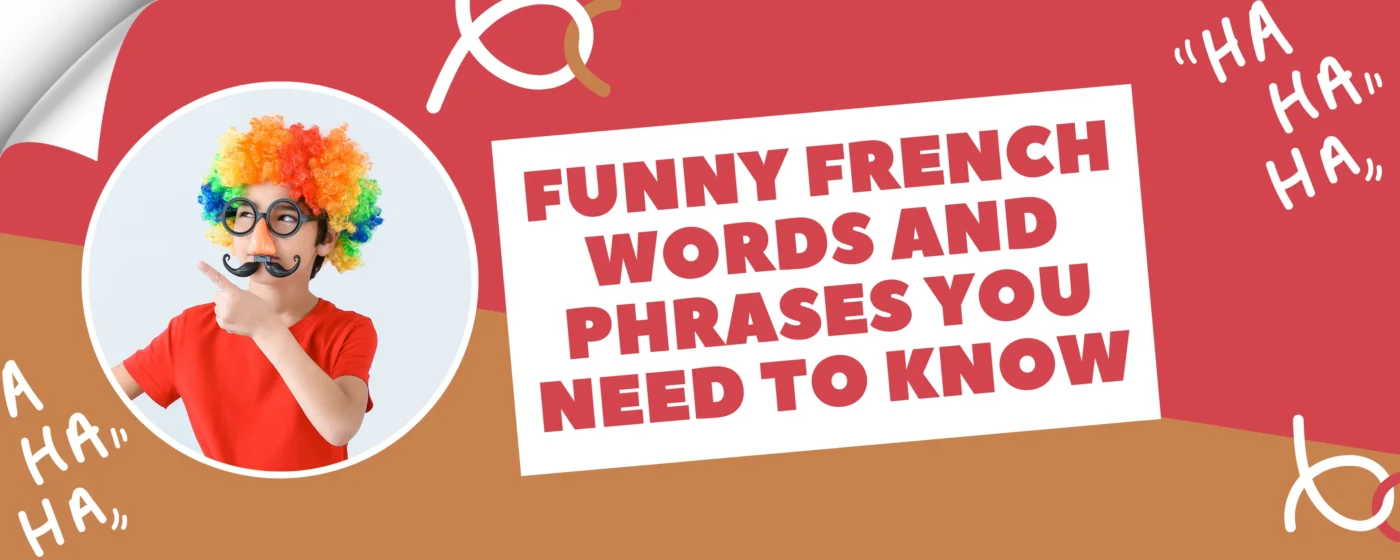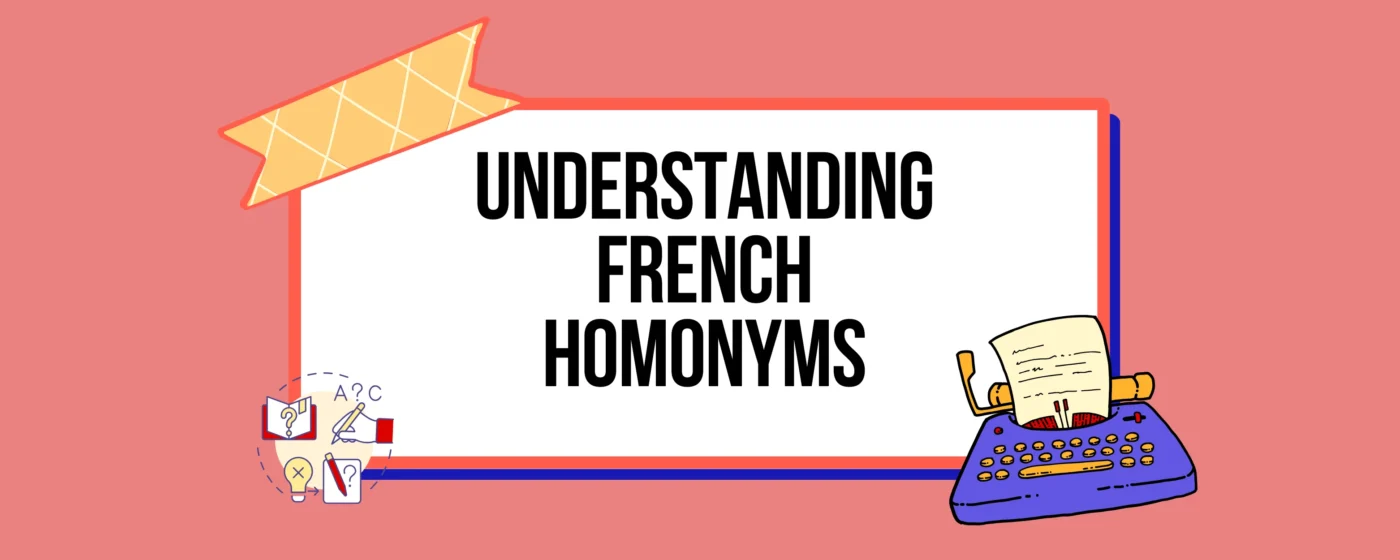This article aims to teach French body vocabulary, crucial for learners to effectively communicate and understand descriptions in French. Mastering these terms enhances comprehension and fluency, making conversations about health, daily activities, and personal experiences more precise and engaging.
The Face In French 😊
Understanding facial vocabulary is essential for describing emotions and physical characteristics. This section covers the main facial features in French.
| French | English translation |
| Le visage | The face |
| Les yeux | The eyes |
| Le nez | The nose |
| La bouche | The mouth |
| Les lèvres | The lips |
| Les joues | The cheeks |
| Le menton | The chin |
| Le front | The forehead |
| Les sourcils | The eyebrows |
| Les cils | The eyelashes |
French Words For The Upper Body
This section focuses on lower body vocabulary, important for talking about movement and health.
| French | English translation |
| La tête | The head |
| Le cou | The neck |
| L’épaule | The shoulder |
| Le bras | The arm |
| Le coude | The elbow |
| Le poignet | The wrist |
| La main | The hand |
| Le dos | The back |
| La poitrine | The chest |
| Le ventre | The abdomen |
The Lower Body – French Vocabulary 🦵
This section focuses on lower body vocabulary, important for talking about movement and health.
| French | English translation |
| La taille | The waist |
| La hanche | The hip |
| La cuisse | The thigh |
| Le genou | The knee |
| La jambe | The leg |
| Le mollet | The calf |
| La cheville | The ankle |
| Le pied | The foot |
| Le talon | The heel |
| Les orteils | The toes |
The Back Of The Body In French
These terms are useful for describing the back and related areas in French.
| French | English translation |
| Le dos | The back |
| La nuque | The nape |
| Les omoplates | The shoulder blades |
| Les fesses | The buttocks |
| Les reins | The lower back |
French Arm & Hand Vocabulary 🤚
Detailed vocabulary for the arm and hand, crucial for discussing activities and gestures.
| French | English translation |
| Le bras | The arm |
| L’épaule | The shoulder |
| Le coude | The elbow |
| Le poignet | The wrist |
| La main | The hand |
| Le doigt | The finger |
| Le pouce | The thumb |
| L’index | The index finger |
| Le majeur | The middle finger |
| L’annulaire | The ring finger |
The French Vocabulary Of The Leg 🦵
Key terms for the leg, essential for describing movement and physical activities.
| French | English translation |
| La cuisse | The thigh |
| Le genou | The knee |
| La jambe | The leg |
| Le mollet | The calf |
| La cheville | The ankle |
| Le pied | The foot |
| Le talon | The heel |
| Les orteils | The toes |
| Le tibia | The shin |
| Le fémur | The femur |
Lost for Words? We’ve Got You!
Sign up for our courses and let our expert teachers boost your vocabulary effortlessly!
The Skeleton Names In French ☠️
Learn the names of various bones, useful for medical and educational contexts.
| French | English translation |
| Le crâne | The skull |
| La colonne vertébrale | The spine |
| La cage thoracique | The rib cage |
| Le sternum | The sternum |
| Les côtes | The ribs |
| La clavicule | The collarbone |
| L’omoplate | The shoulder blade |
| Le bassin | The pelvis |
| Le fémur | The femur |
| Les vertèbres | The vertebrae |
The Various Muscles Names In French 💪
Essential vocabulary for discussing muscles, important for fitness and health topics.
| French | English translation |
| Le biceps | The biceps |
| Le triceps | The triceps |
| Le deltoïde | The deltoid |
| Le pectoral | The pectoral |
| Le grand dorsal | The latissimus dorsi |
| Le trapèze | The trapezius |
| Le quadriceps | The quadriceps |
| Les ischio-jambiers | The hamstrings |
| Le gastrocnémien | The calf muscle |
What Are The Names Of The Organs In French? 🧠
Key organ vocabulary, essential for medical discussions and understanding body functions.
| French | English translation |
| Le cerveau | The brain |
| Le cœur | The heart |
| Les poumons | The lungs |
| Le foie | The liver |
| Les reins | The kidneys |
| L’estomac | The stomach |
| Le pancréas | The pancreas |
| La vessie | The bladder |
| L’intestin | The intestine |
| Le côlon | The colon |
French Idiomatic Expressions With The Body
Idioms add flavor to language learning. Here are some expressions related to body parts.
| French | Literal meaning | English translation |
| Avoir la tête dans les nuages | to have the head in the clouds | To be daydreaming or not paying attention. |
| Avoir un poil dans la main | to have a hair in the hand | To be lazy or avoid work |
| Avoir les dents longues | to have long teeth | To be ambitious or greedy |
| Se creuser la tête | to dig into one’s head | To think deeply or brainstorm |
| Avoir le cœur sur la main | to have the heart on the hand | To be generous or kind-hearted |
| Avoir les pieds sur terre | to have feet on the ground | To be realistic or practical |
| Avoir la chair de poule | to have chicken skin | To have goosebumps, often due to cold or fear |
| Avoir la langue bien pendue | to have a well-hung tongue | To be talkative or have a sharp tongue |
| Avoir les yeux plus gros que le ventre | to have eyes bigger than the stomach | To take more food than one can eat, or to be overly ambitious |
| Avoir un cœur d’artichaut | to have a heart of an artichoke | To fall in love easily or to be emotionally sensitive |
Conclusion
As you delve into French language learning, remember that practice and immersion are key to mastery. Explore further resources such as La Forêt, offering expert online classes tailored for French learners. With dedicated guidance and interactive learning, you can progress confidently towards fluency and cultural understanding. Bonne chance!
Learn how to pronounce French words with this article Tips To Improve Your French Pronunciation. To learn more French vocabulary with these article Bird Names In French, and Animals in French.
Frequently Asked Questions
Q: What is the French name for fingers?
Ans: The French word for fingers is “les doigts.” If you’re eager to delve deeper into French anatomy, consider exploring La Forêt’s comprehensive lessons for a thorough understanding of body vocabulary and more.
Q: What is a thumb in France?
Ans: In France, a thumb is called “le pouce.” Discover more nuanced language distinctions with La Forêt’s expert guidance on body parts and everyday expressions.
Q: What do the French call joints?
Ans: Joints in French are referred to as “les articulations.”
Q: What are muscles in French?
Ans: Muscles are known as “les muscles” in French. Embark on a linguistic journey with La Forêt’s immersive experiences, offering insights into French terminology and idiomatic expressions related to the body.





